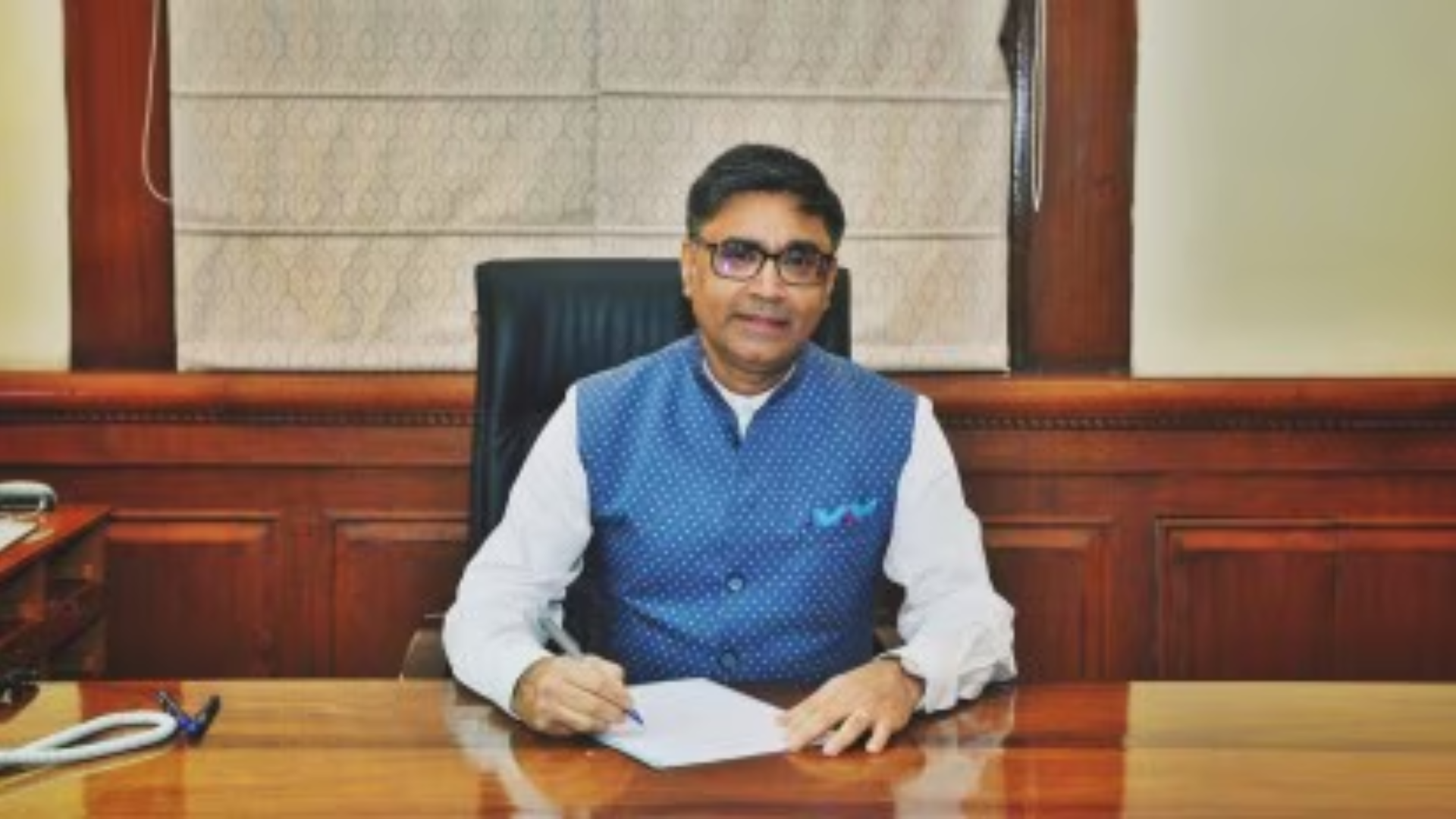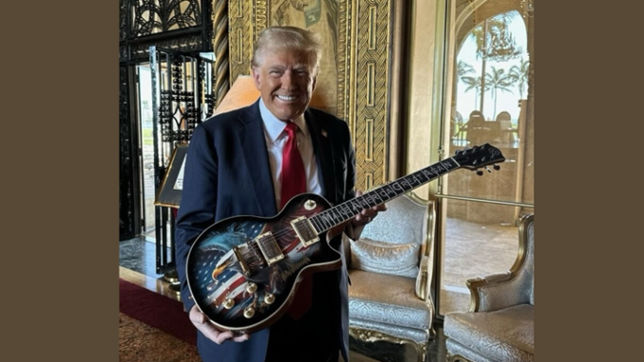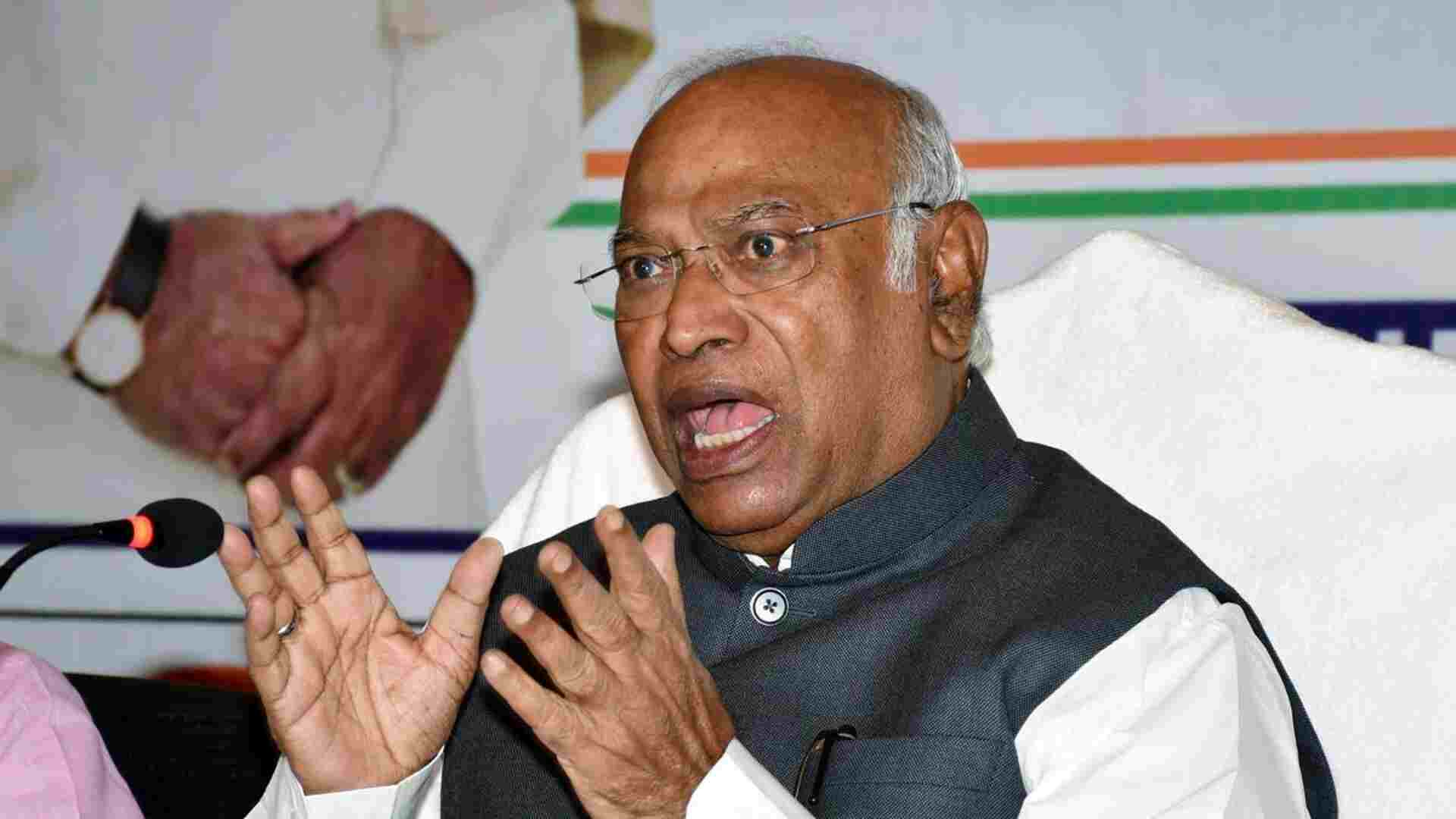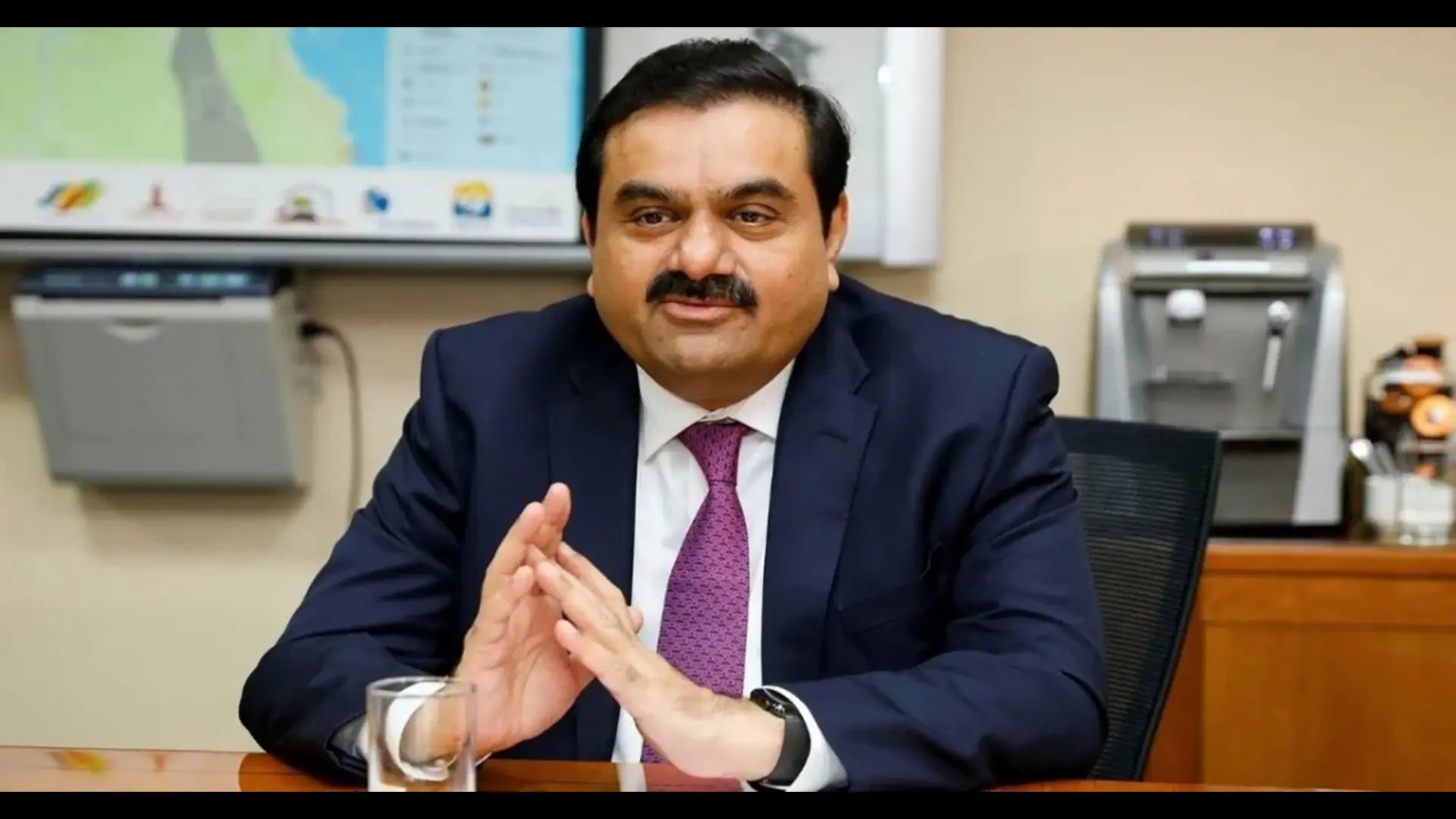
Foreign Secretary Vikram Misri is all set to depart on his first foreign visit to Bhutan on June 15. According to sources familiar with the matter, foreign secretary Vikram Misri’s upcoming visit to Bhutan this week will prioritize discussions on the Bhutan-China border negotiations and India’s assistance for Bhutan’s development programs.
The External Affairs Ministry announced that Vikram Misri, who assumed office as Foreign Secretary on July 15, will undertake an official visit to Bhutan from July 19 to July 20.
During his visit, Misri is scheduled to meet with King Jigme Khesar Namgyel Wangchuck, Prime Minister Tshering Tobgay, Foreign Minister DN Dhungyel, and hold discussions with his counterpart Pema Choden.
The two foreign secretaries will jointly lead the bilateral Development Cooperation Talks focusing on Bhutan’s 13th five-year plan, the ministry announced.
Indian support constitutes the primary funding source for Bhutan’s five-year plans, with New Delhi providing Rs. 5,000 crore for the 12th plan from 2018 to 2023. During a visit to Bhutan in March, Prime Minister Narendra Modi announced that this assistance would be doubled to Rs. 10,000 crore for the next five years.
The sources, speaking on condition of anonymity, indicated that Misri’s upcoming visit presents an opportunity for Bhutan to update India on the latest developments regarding its discussions with China to resolve a longstanding border dispute.
Under the previous Bhutanese government led by Lotay Tshering, efforts were reportedly nearing completion on a border agreement with China that could impact the strategic Doklam tri-junction, situated near the “chicken’s neck” — a narrow strip connecting India’s northeastern states with the rest of the country.
The current government of Bhutan’s People’s Democratic Party, elected in January, is said to have adopted a fresh approach to the border negotiations.
The visit by Misri aligns with the tradition of regular high-level exchanges and underscores India’s strong commitment to its “Neighbourhood First” policy, as highlighted by the Ministry of External Affairs.















